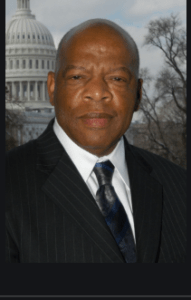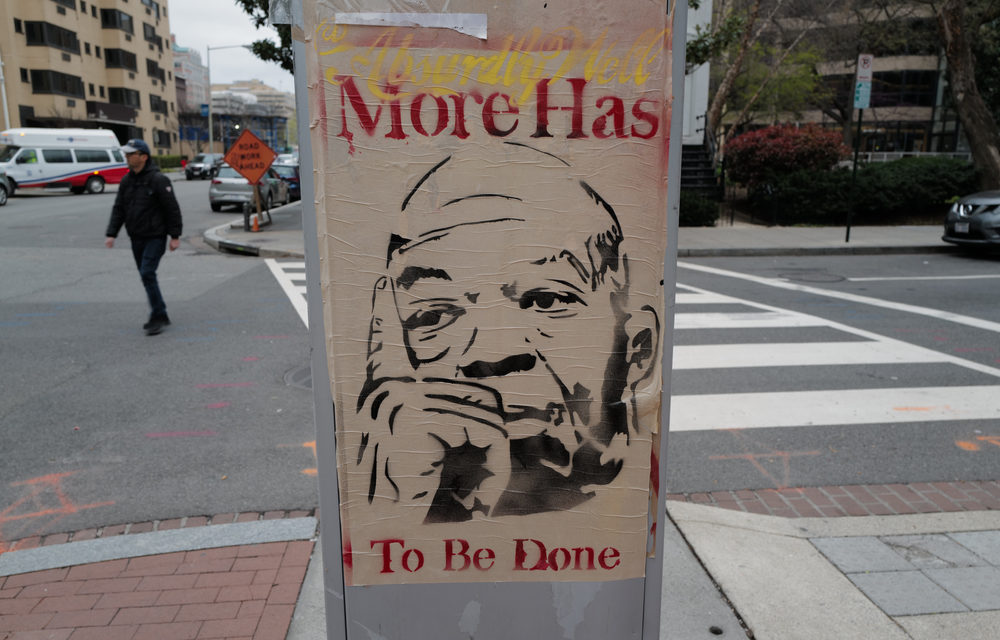John Lewis, a civil rights icon who went on to a career of more than three decades in Congress as a Democrat representing Atlanta, died Friday night, July 17. He was 80 years old and was being treated for pancreatic cancer.
As a lawmaker, he championed federal programs that advanced his notions of economic and social justice and earning him the moniker, the “conscience of Congress.”

Rep. John Lewis
Lewis, a former member of the Atlanta City Council, burst on to the national spotlight as a civil rights leader in the 1960s. He organized sit-ins, boycotts and other nonviolent protests in the segregated South and was one of the 13 original Freedom Riders seeking to integrate interstate bus travel, according to Roll Call.
He helped form, and for several years led, the Student Non-Violent Coordinating Committee, or SNCC, a youth-driven fulcrum of the civil rights movement that focused on civil disobedience.
Despite more than 40 arrests, physical attacks and serious injuries, John Lewis remained a devoted advocate of the philosophy of nonviolence. After leaving SNCC in 1966, he continued his commitment to the Civil Rights Movement as Associate Director of the Field Foundation and his participation in the Southern Regional Council’s voter registration programs. Lewis went on to become the Director of the Voter Education Project (VEP). Under his leadership, the VEP transformed the nation’s political climate by adding nearly four million minorities to the voter rolls, according to his Congressional biography.
In 1977, John Lewis was appointed by President Jimmy Carter to direct more than 250,000 volunteers of ACTION, the federal volunteer agency.
Alexis McGill Johnson, president and CEO of Planned Parenthood Federation of America, released the following statement on the passing of civil rights leader, Congressman John Lewis.
“Our country has lost a legend. Like so many in the country, I am devastated by the death of Congressman John Lewis — a beacon of grace, courage, and fearlessness. Congressman Lewis spent his life fighting against racial inequality, discrimination, and injustice, wherever it appeared. His activism, organizing, and advocacy helped pave the way for justice and the rights we continue to fight for today — everything from voting rights to economic and racial equality. We are a better nation because of him.
“While Congressman John Lewis will be forever missed, his commitment to liberation has inspired so many of us who continue the fight for racial justice and equality today. His legacy will live through the work of community activists and civil rights organizations for generations to come. We see his legacy in the Black Lives Matter movement and in the fight for reproductive justice. As Congressman Lewis once said, ‘freedom is the continuous action we all must take, and each generation must do its part to create an even more fair, more just society.’
“We cannot allow the clock to be turned back on the civil and human rights Congressman John Lewis spent his life fighting to secure. We must honor his legacy by remaining unwavering and unapologetic about getting into ‘good trouble’ in the service of freedom. May he rest in peace and power.”
Image Sources
- John Lewis: U.S. Congress
- More Has to be Done: Shutterstock







